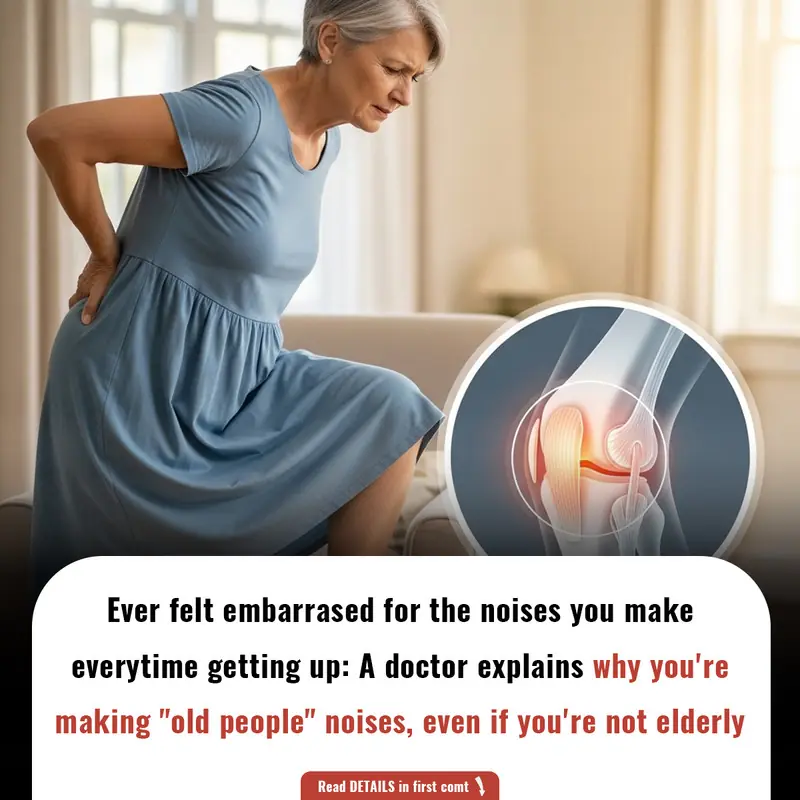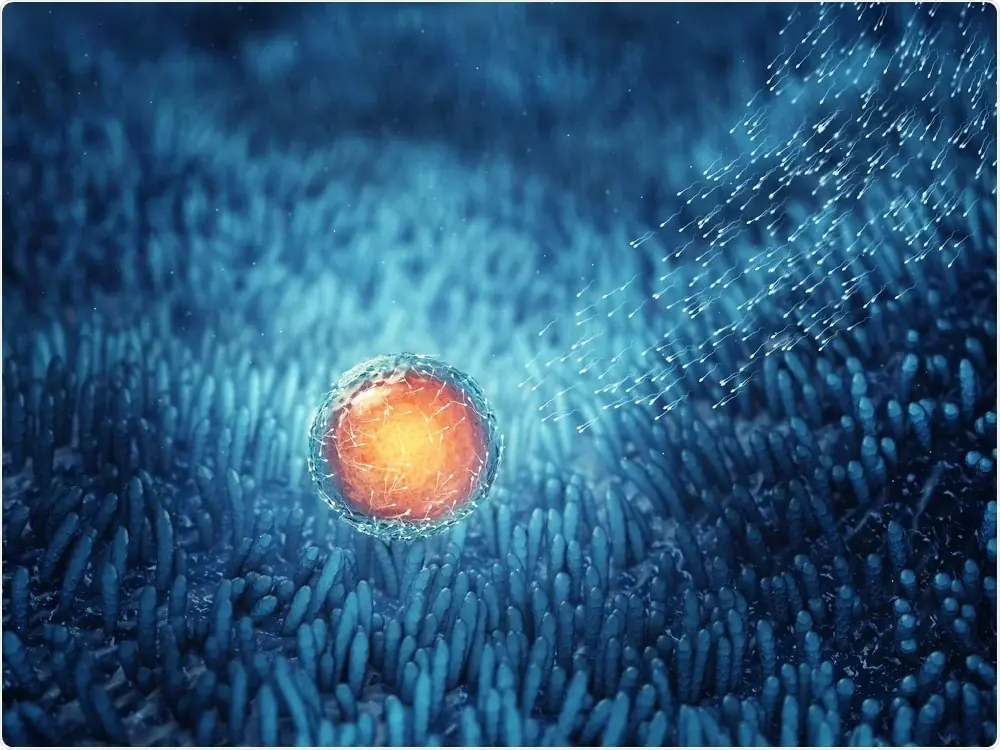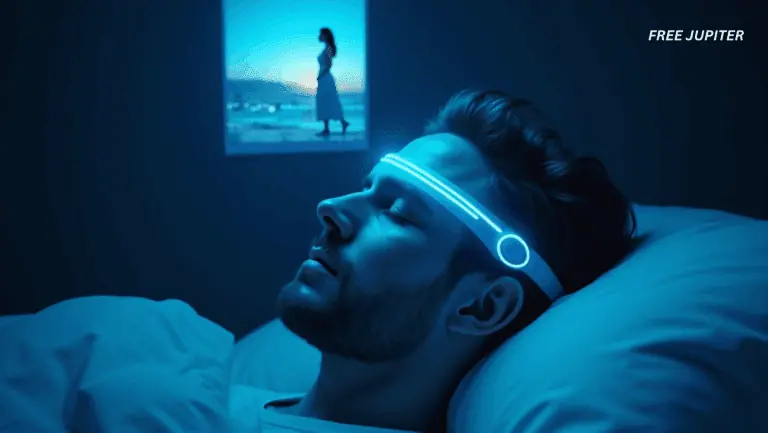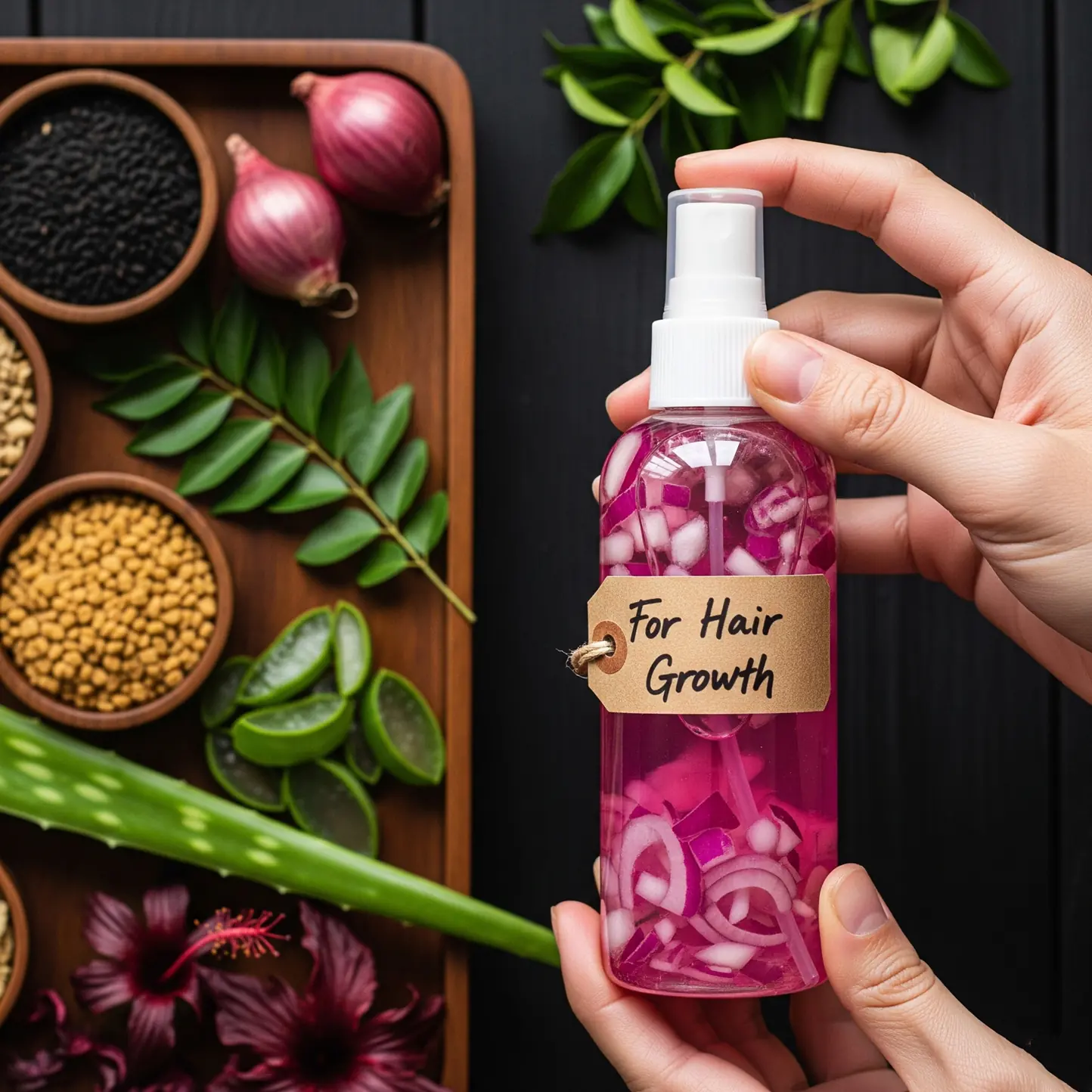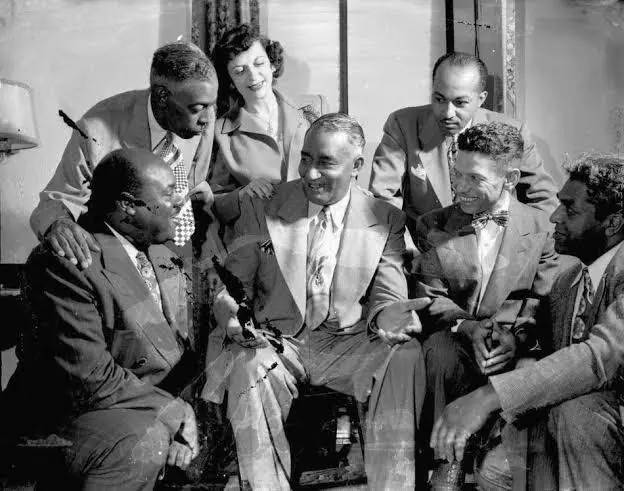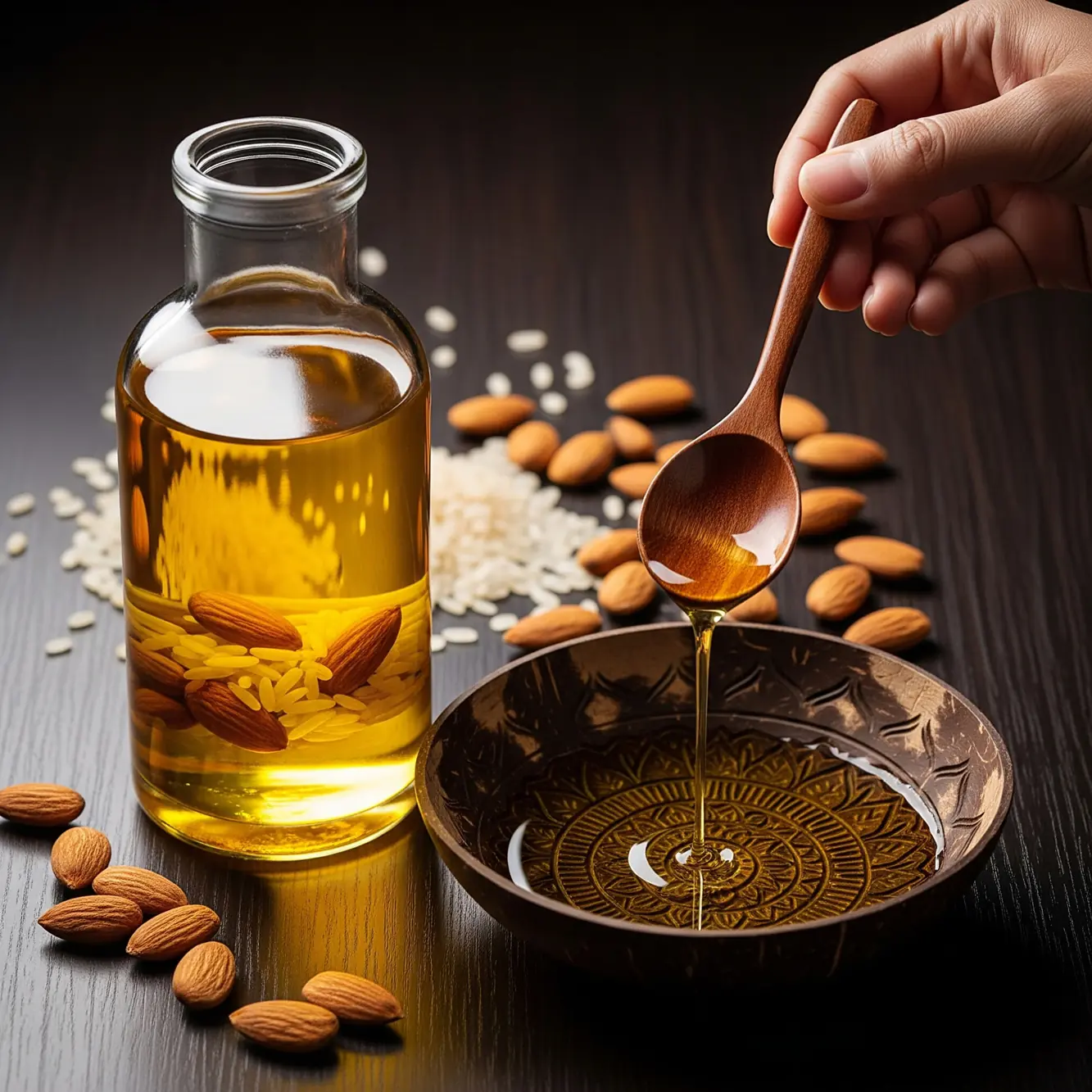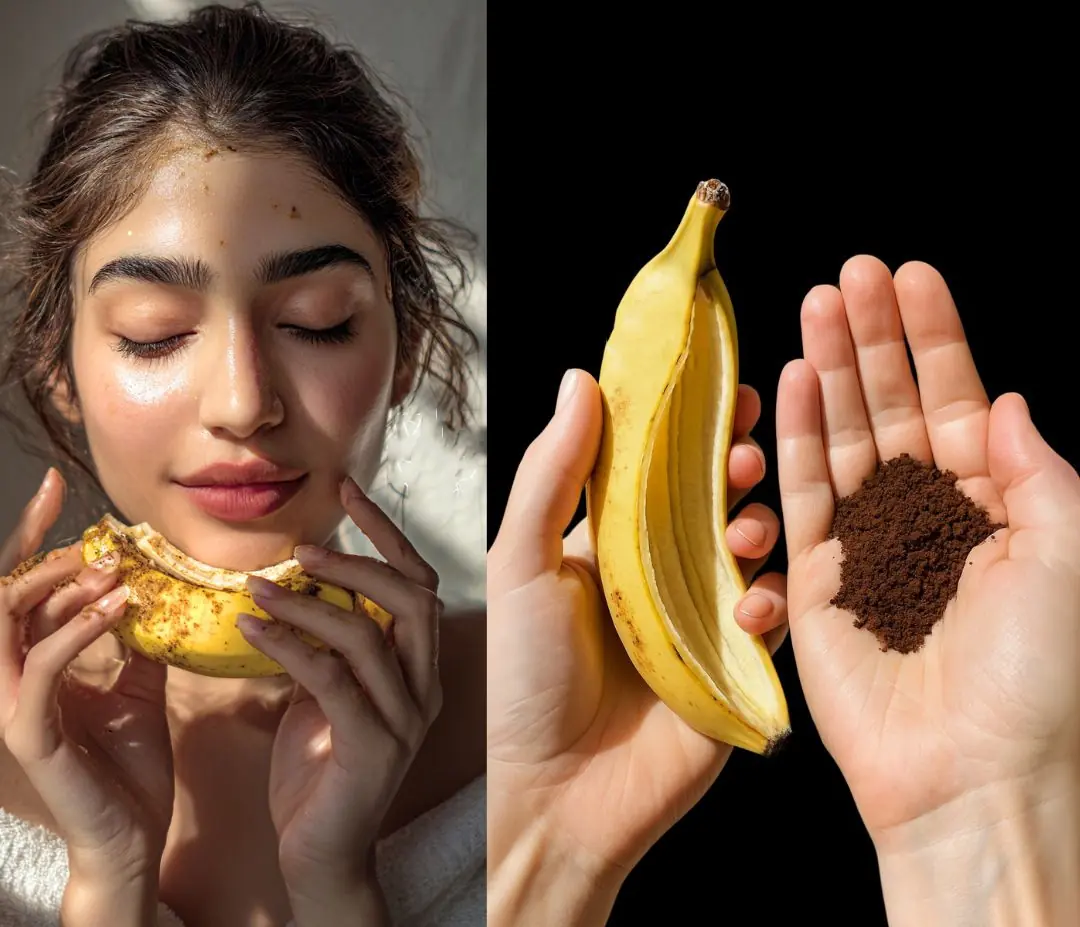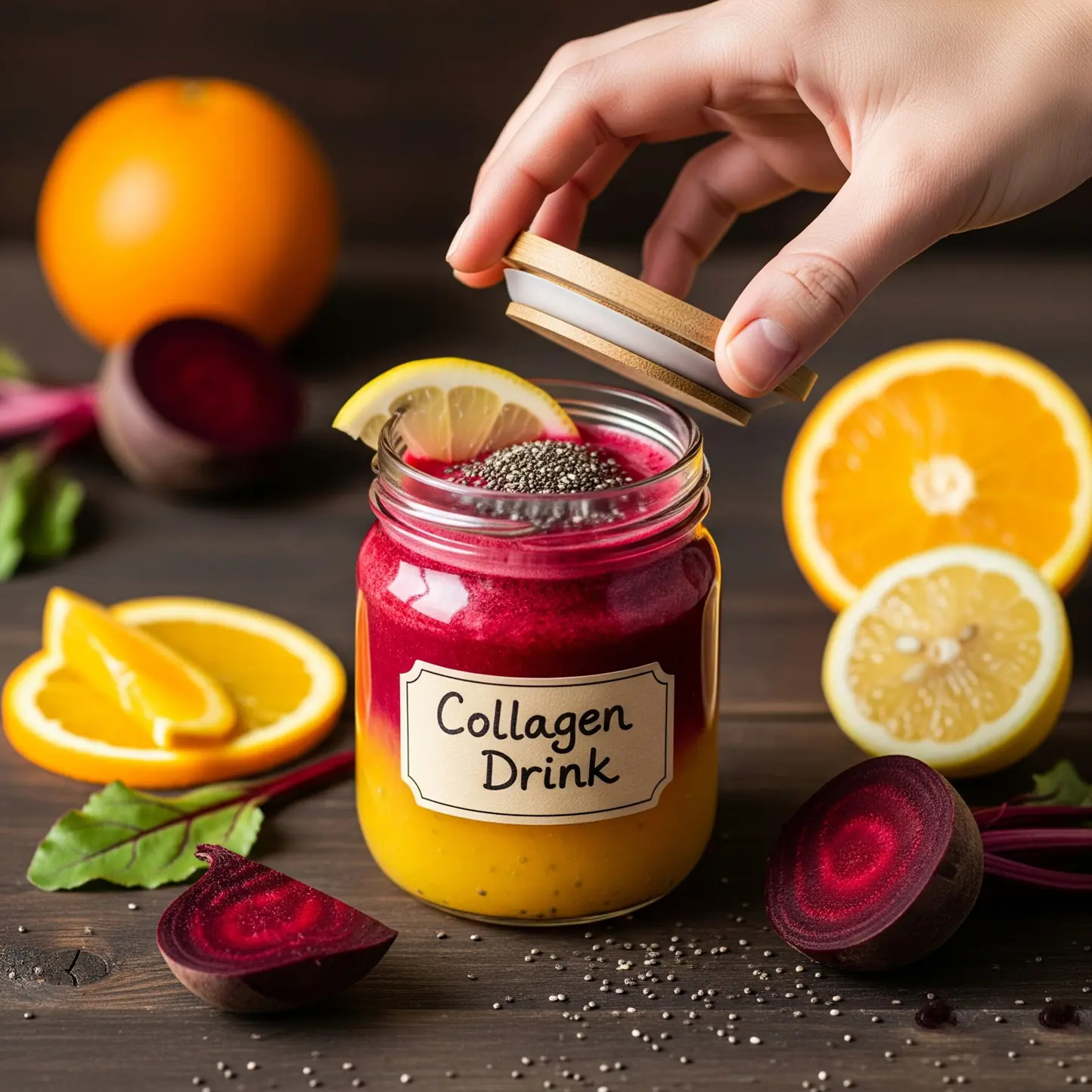By understanding what makes you more susceptible to mosquito bites and taking proactive steps, you can enjoy outdoor activities without being constantly pestered by these pests.
Have you ever been at a summer barbecue or outdoor event, only to find yourself swatting at mosquitoes all night while your friends remain blissfully unaffected? You may have wondered why it seems like mosquitoes are drawn to you more than to others. The truth is, there are several factors that determine who mosquitoes target, and it’s not just luck. Understanding why mosquitoes bite some people more than others can help you take the necessary precautions to protect yourself and minimize your risk of mosquito bites, which can lead to itching, irritation, and in some cases, the transmission of diseases like malaria, dengue, and Zika virus.
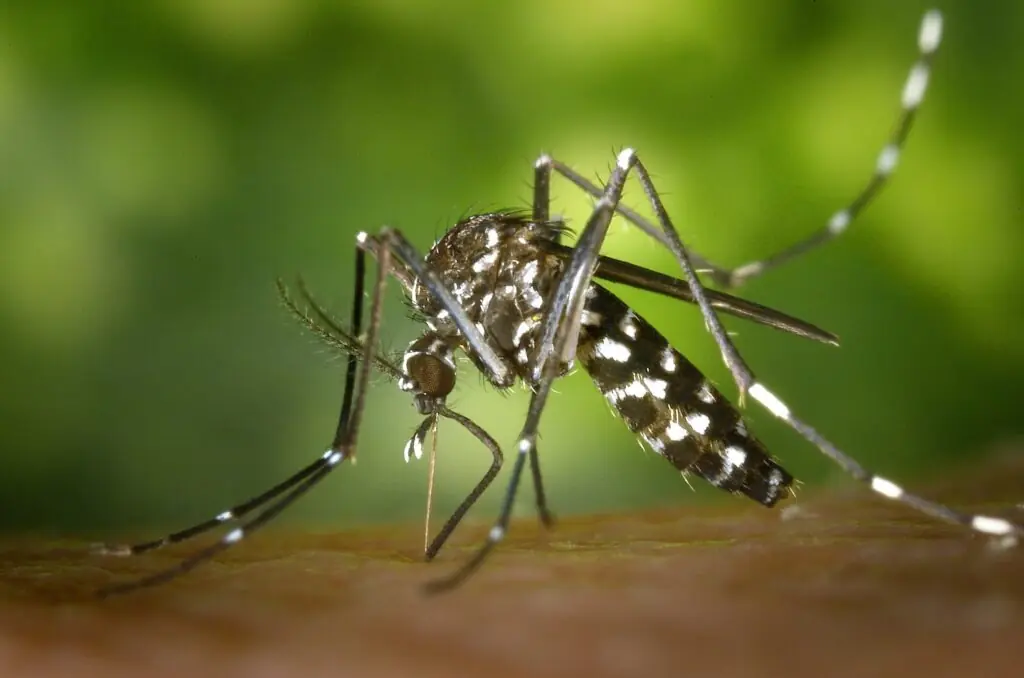
Why Do Mosquitoes Bite?
To understand why mosquitoes prefer certain individuals over others, it's essential to look at what attracts these pests. While mosquitoes are commonly associated with warm weather, they are not solely drawn to body heat or sweat. They rely on a combination of factors to locate their next meal - mosquitoes are attracted to carbon dioxide (CO2), body heat, body odors, and even the bacteria on our skin. Research has shown that approximately 20% of people are more prone to mosquito bites, while the remaining 80% are less likely to be targeted. Let's explore the various reasons why mosquitoes tend to favor certain individuals over others.
1. Your Blood Type: A Key Factor in Mosquito Attraction
One of the most significant factors influencing mosquito attraction is your blood type. Research has found that mosquitoes are particularly attracted to people with Type O blood. According to studies, mosquitoes are more likely to target individuals with Type O blood because their bodies release a certain secretion that signals the presence of this blood type. On the other hand, mosquitoes seem to be less interested in individuals with Type A, Type B, or Type AB blood.
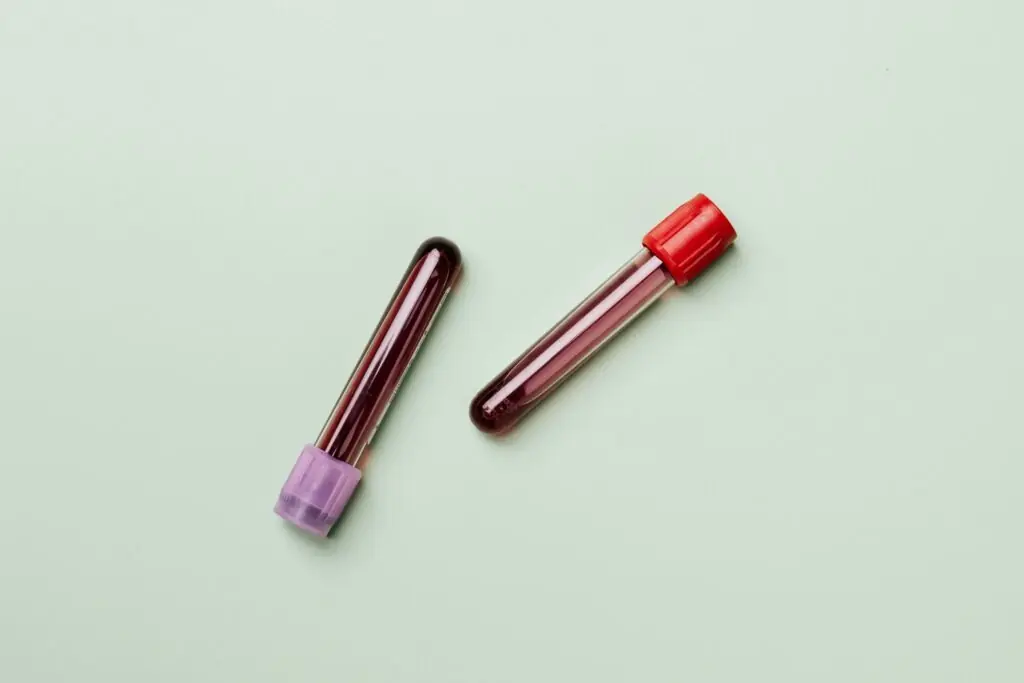
Interestingly, mosquitoes are also drawn to people who release a specific secretion, regardless of their blood type. Approximately 80% of the human population secretes this substance, making them more susceptible to mosquito bites. "Mosquitoes appear to favor those who release this secretion, regardless of what blood type group they belong to," researchers have found. So, if you have Type O blood or are among the 80% of people who release this secretion, you may be more likely to attract mosquitoes.
2. The Amount of Carbon Dioxide You Exhale
Mosquitoes have an excellent sense of smell and can detect carbon dioxide (CO2) from a distance of up to 100 feet. Since humans exhale CO2 when we breathe, mosquitoes are drawn to areas where carbon dioxide levels are higher. Larger individuals, who tend to exhale more CO2, are at a higher risk of attracting mosquitoes. The more carbon dioxide you release, the more likely you are to suffer from mosquito bites. "Larger individuals are more likely to get bitten, as they release more carbon dioxide than those around them," experts explain.
Additionally, mosquitoes are attracted to the carbon dioxide we release through both our mouths and noses, making it especially noticeable when we are speaking, laughing, or breathing heavily. This is one of the reasons why mosquitoes seem to target certain people more than others at outdoor events and barbecues.
3. Body Heat and Sweat: The Link Between Temperature and Attraction
Mosquitoes are attracted to heat, and they are particularly sensitive to the body heat we release when we are warm or exercising. The more heat our bodies give off, the more likely mosquitoes are to take an interest. This is why you may find yourself more susceptible to mosquito bites when exercising outdoors on a hot day.
In addition to body heat, mosquitoes are also attracted to the compounds found in sweat, such as ammonia and lactic acid. "Mosquitoes are likewise attracted to the compounds in the sweat," scientists have found. This explains why individuals who engage in outdoor activities during the summer or those who are generally sweaty may be more likely to be targeted by mosquitoes.
4. Skin Bacteria: How Bacteria Affect Your Risk of Being Bitten
The surface of human skin is home to a wide variety of microscopic life, including bacteria. The presence of these bacteria, along with sweat, produces a particular odor that mosquitoes find appealing. "The number of mosquito bites a person may get is largely dependent on the amount and type of bacteria present on their skin," researchers note. Some individuals naturally have more bacteria on their skin, making them more attractive to mosquitoes.
Areas of the body such as the feet and ankles are prime spots for bacteria growth, which is why we are often bitten in these regions. The types of bacteria that thrive on your skin can influence how attractive you are to mosquitoes. For instance, some bacteria may produce a scent that is more appealing to mosquitoes, making you more likely to be bitten.
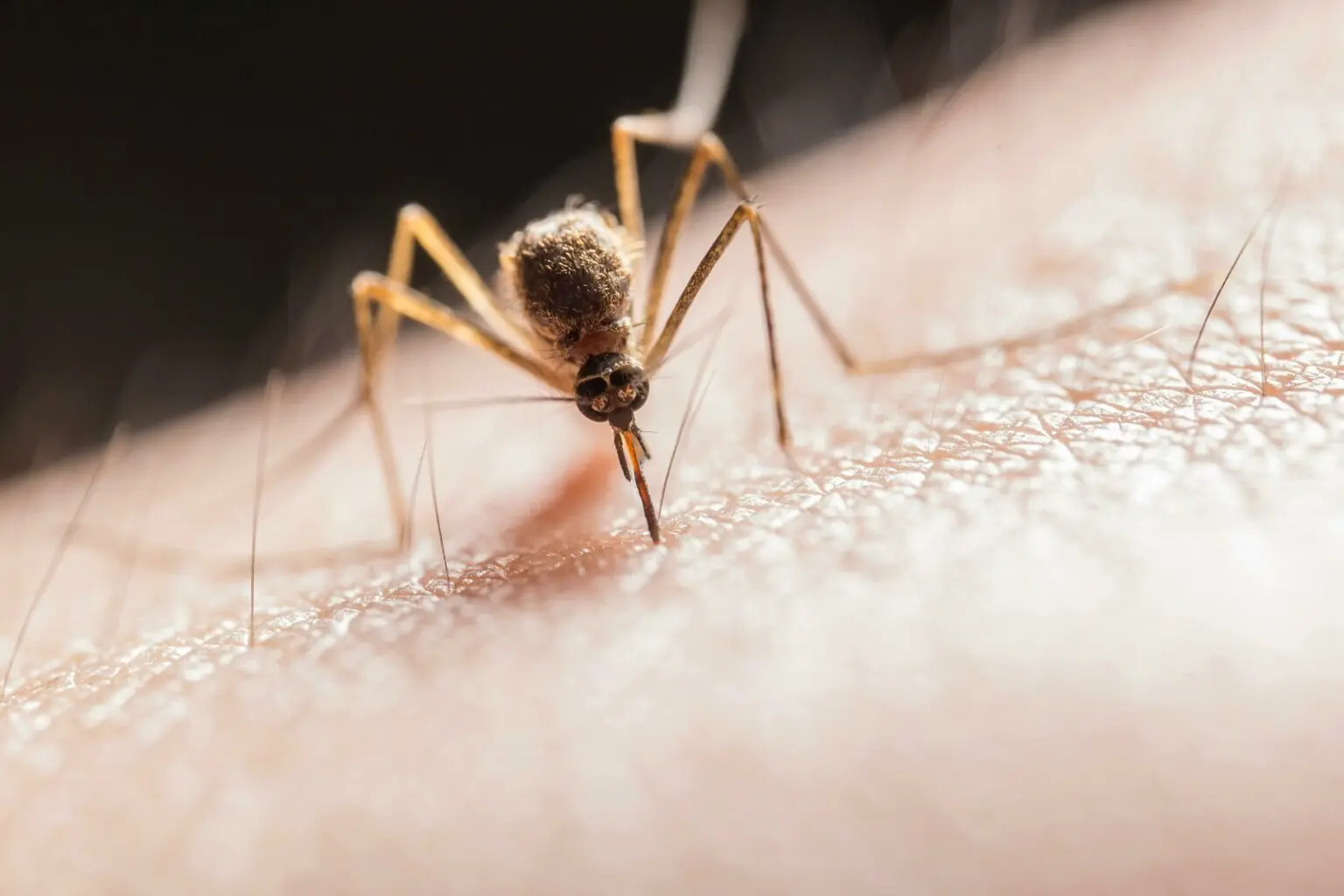
5. Pregnancy: Why Pregnant Women Are More Likely to Be Bitten
Pregnant women have been found to be twice as likely to attract mosquitoes compared to non-pregnant individuals. This increased attraction can be attributed to two factors: increased body temperature and higher carbon dioxide exhalation. "Pregnant individuals are typically one degree warmer than their counterparts. Pregnant women also exhaled 21% more carbon dioxide than those who were not pregnant," explains a study conducted in Africa. These changes in the body during pregnancy make women more susceptible to mosquito bites, which is particularly concerning given the potential health risks mosquitoes pose.
6. Alcohol: How Drinking Affects Your Attractiveness to Mosquitoes
Surprisingly, alcohol consumption has been linked to an increased likelihood of mosquito bites. A study conducted in 2002 found that mosquitoes were significantly more attracted to individuals who consumed a liter of beer compared to those who drank a liter of water. While the exact reason for this is still unclear, the study suggests that alcohol may alter the way the body produces heat, sweat, and body odors, which in turn attracts mosquitoes. "Mosquitoes were significantly more attracted to individuals who consumed a liter of beer," the study concluded.
If you're planning to spend time outdoors during a warm summer day or evening, it might be a good idea to apply mosquito repellent before drinking alcohol to reduce your risk of being bitten.
7. Diet: Can What You Eat Affect Your Risk of Being Bitten?
What you eat can influence your attractiveness to mosquitoes. Studies have shown that mosquitoes are particularly drawn to individuals who consume certain foods, such as spicy, salty, or potassium-rich foods. For example, the University of Wisconsin found that mosquitoes were particularly attracted to people who had eaten bananas. "Mosquitoes were particularly fond of people who had eaten a banana," researchers discovered. If you're prone to mosquito bites, you may want to avoid these foods, especially if you're planning to spend time outdoors.
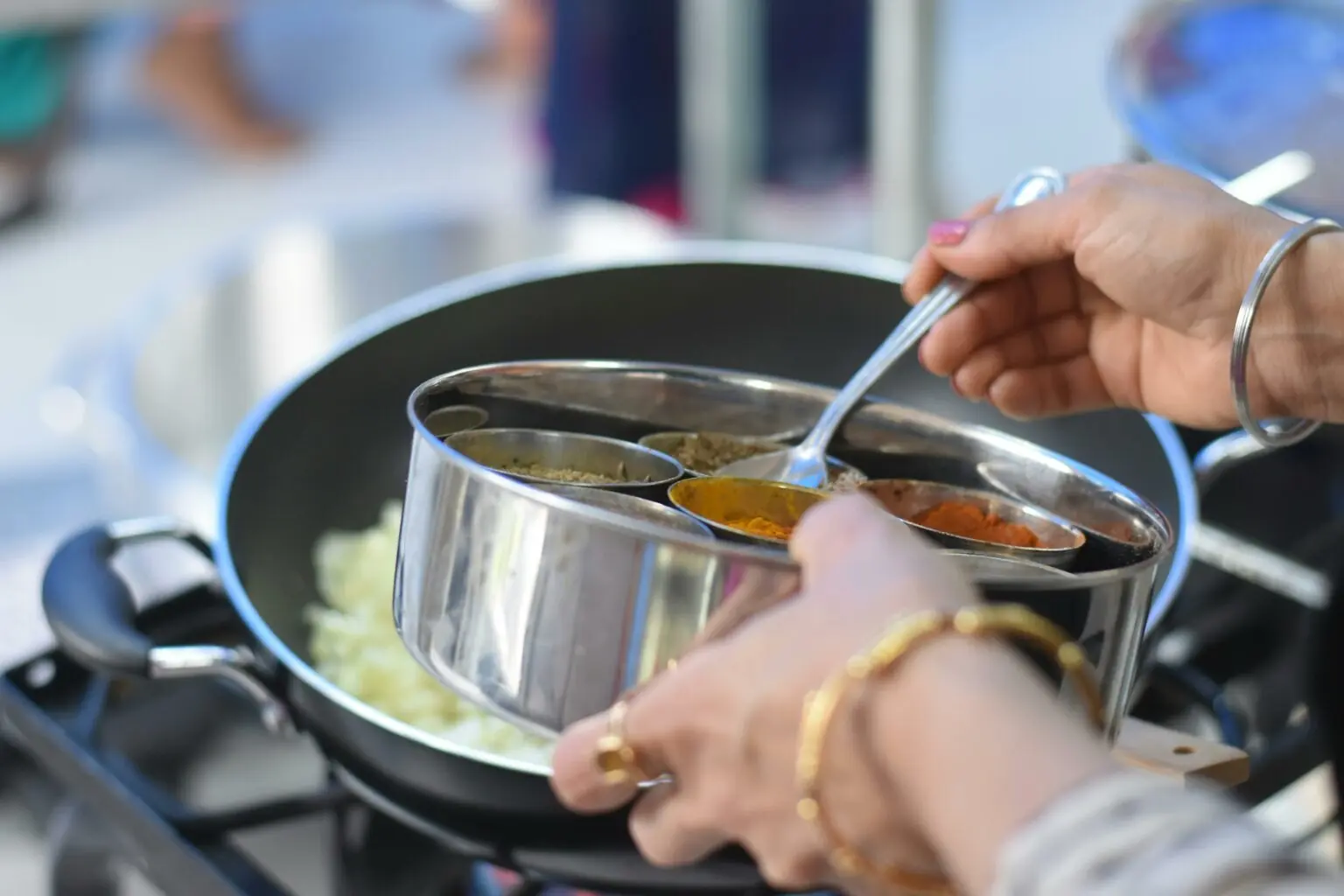
8. Color: The Impact of Clothing on Mosquito Attraction
Believe it or not, the color of your clothing can also influence your susceptibility to mosquito bites. Mosquitoes tend to be attracted to dark colors, particularly black and green. "Mosquitoes seem to be attracted to dark colors, so you may want to avoid dark-colored clothing - especially black," experts advise. They are more easily able to spot dark colors than lighter ones, such as beige or white. Therefore, opting for light-colored clothing when spending time outdoors can help reduce your chances of being bitten.
The Bottom Line: What You Can Do to Avoid Mosquito Bites
If you're someone who is constantly attacked by mosquitoes, there are several steps you can take to reduce the likelihood of being bitten. While some factors, such as genetics and pregnancy, are beyond your control, many others can be mitigated with simple precautions. Here are some tips to help keep mosquitoes at bay:
-
Use Mosquito Repellent: Apply an effective mosquito repellent to exposed skin. Look for products containing DEET, picaridin, or oil of lemon eucalyptus.
-
Wear Light-Colored Clothing: Mosquitoes are attracted to dark colors, so opt for light-colored clothing when spending time outdoors.
-
Avoid Alcohol and Spicy Foods: If you’re prone to mosquito bites, consider avoiding alcohol and spicy foods, both of which can increase your attractiveness to mosquitoes.
-
Keep Your Skin Clean: Shower regularly to remove sweat and bacteria that could attract mosquitoes. Using a mild soap and gentle skincare products will help maintain your skin’s natural balance.
-
Protect Your Home: Use screens on windows and doors to keep mosquitoes out. You can also use mosquito nets when sleeping in areas where mosquitoes are prevalent.
By understanding what makes you more susceptible to mosquito bites and taking proactive steps, you can enjoy outdoor activities without being constantly pestered by these pests.















